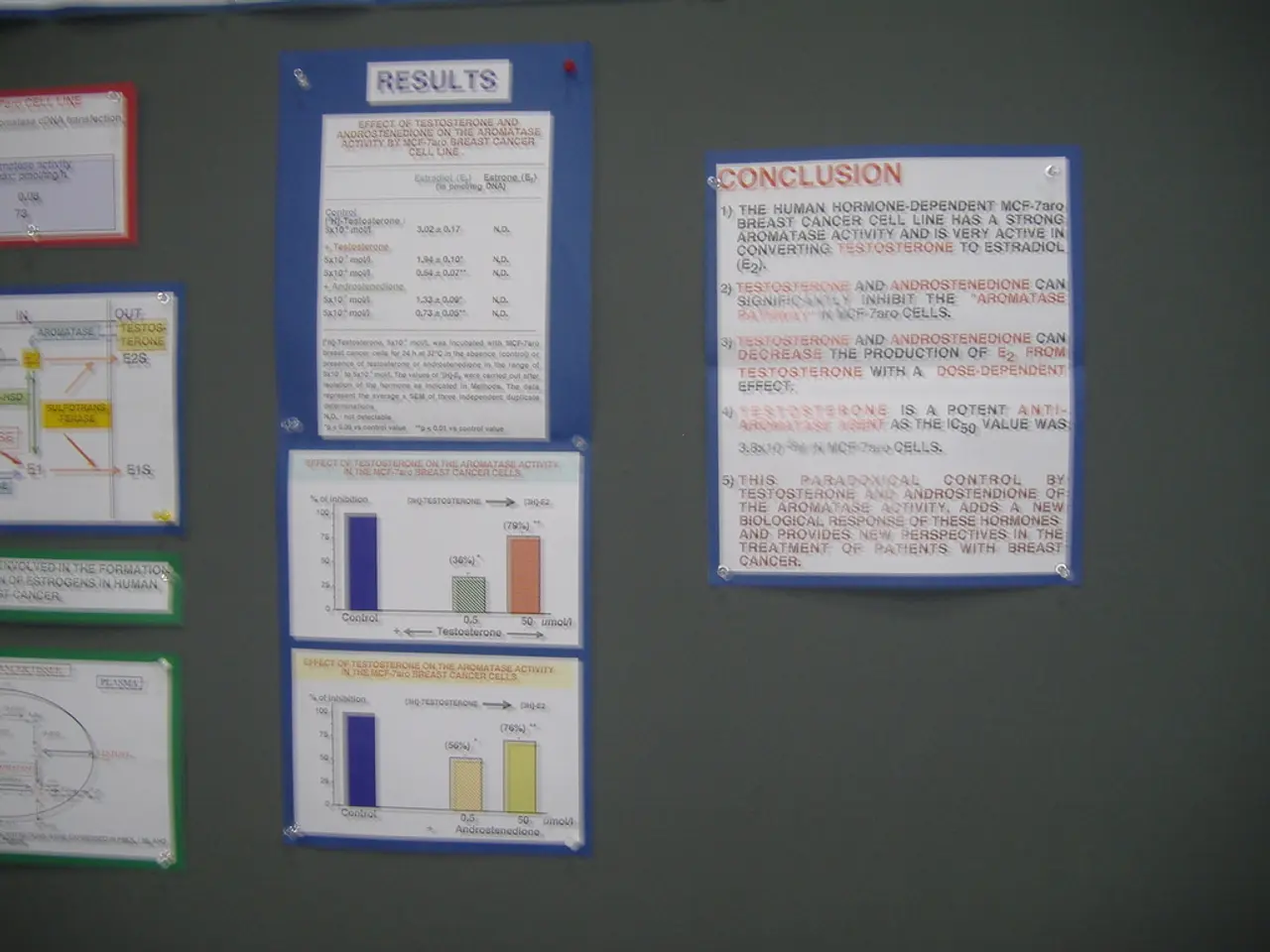Budget Address from Marterbauer: Implications and What's Next
Chatting About Today's Budget Speech 💸🚀
After a decade in the financial world, Markus Marterbauer, the 60-year-old finance minister, steps up to deliver his inaugural budget speech. With a spark of humor on his Instagram, Marterbauer notes the difficulties of being succinct as an expert. So, here we are, eagerly awaiting a potentially lengthy address that spills the beans on the budget's core content.
Marterbauer's speech will reveal a two-year budget plan for 2025 and 2026, complete with income and expenditure measures. Key aspects include savings in various ministries, the abolition of the climate bonus and education leave, a rise in health insurance contributions for pensioners, and cuts to climate subsidies. Additionally, Marterbauer plans crisis contributions from banks and energy providers.
Facing a Budget Crisis? 😨
Despite the coalition's ambitious plans to save 6.4 billion euros in 2025 and 8.7 billion in 2026, the finance ministry forecasts a staggering budget deficit of 4.5% of GDP this year. This gloomy outlook stems from Austria's economy experiencing back-to-back contractions over the last three years, with little indication of a speedy recovery. As a result, Marterbauer's budget is merely the first move in resolving the financial predicament at hand.
Let's dive into the highlights from Marterbauer's budget and what comes next:
"Marterbauer's Torture Stick": FPÖ Rattles New Budget 🔪
With tensions within the coalition high, the signs of disagreements may surface later as not all departments will shoulder the same extent of savings. Some details have trickled out to the public. For example, Education Minister Christoph Wiederkehr (NEOS) promises savings in administration, although his budget will grow by an additional 478.5 million euros to around 12 billion this year.
The Interior Ministry of Gerhard Karner (ÖVP) also anticipates limited growth, with a budget of 4.85 billion euros. Karner intends to cut costs in the asylum sector, staff replacements, and events, but the police force and national security remain untouched. Meanwhile, the Defense Ministry of Klaudia Tanner (ÖVP), particularly the rearmament of the federal army, remains unscathed according to recent reports.
Budget: Interior Ministry Slashes Asylum Funding and Boosts Security Spending 💰👮♂️
Notable changes to family and childcare benefits are on the horizon. Starting in 2026, the entry age for the corridor pension will gradually inch up from 62 to 63 years. While civil service pay raises have already been approved for 2026, the ÖVP hasn't ruled out renegotiating them. Economists like WIFO's Gabriel Felbermayr have suggested revisiting that decision.
As for structural measures beyond this budget, leading financial institutions urge reforms such as eliminating numerous subsidies, saving at the provincial and municipal levels, and raising the legal retirement age. The latter option would only be feasible for the Turkish-Red-Pink coalition if the current pension reform fails to meet the desired savings by 2030. A group will be tasked with assessing where savings can be made at the provincial and municipal level by autumn.
Budget: Prioritizing Politics Over the Economy 🗣️
The much-anticipated budget is about to be unveiled, leaving us to wonder what priorities the government chooses to prioritize. As matters stand, it seems we have only just embarked on a complex journey to financial stability. Given the daunting challenges ahead, stay tuned for updates on Austria's financial landscape. 🇦🇹💪💡
The highly anticipated budget speech reveals a two-year plan, with potential savings in various ministries and adjustments to family and childcare benefits, raising discussions about the government's priority between politics and the economy. The finance ministry forecasts a significant budget deficit of 4.5% of GDP this year, urging the need for structural changes, such as eliminating subsidies and raising the legal retirement age, to address Austria's financial predicament.




